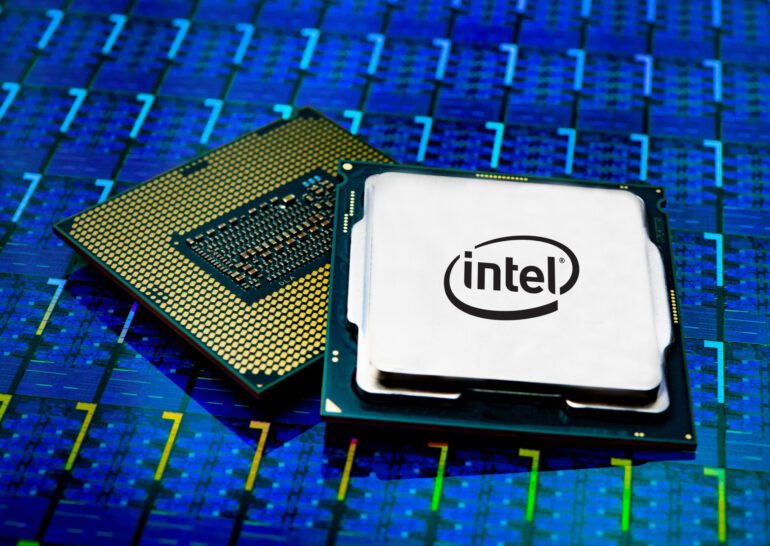TL;DR:
- Intel’s stock rose by 9% following Q3 earnings, outperforming expectations.
- Intel Foundry Services (IFS) reported a remarkable 299% revenue increase, hitting $311 million.
- Strong demand for AI chips and signs of PC market recovery fueled this growth.
- Intel’s advanced packaging business gained prominence in response to AI demand.
- Key clients, including Boeing and the U.S. government, contributed to IFS’s success.
- Analysts predict continued growth due to PC recovery, AI adoption, and foundry sales.
- Cost management efforts are on track, with a $3 billion reduction target for 2023.
Main AI News:
In a remarkable turn of events, Intel’s stock surged by an impressive 9% on Friday, following the release of the tech giant’s third-quarter earnings report, which exceeded market expectations. A substantial driver of this success can be attributed to Intel’s burgeoning foundry business, which has been riding high on the escalating interest in artificial intelligence (AI) and signs of recovery in the PC market.
Intel Foundry Services (IFS), responsible for manufacturing chips catering to both corporate and government clients, reported a staggering $311 million in revenue for the third quarter, marking an extraordinary 299% increase from the corresponding period last year. During the third-quarter earnings call, Intel’s CEO, Patrick P. Gelsinger, underscored the significance of this revenue surge, characterizing it as “meaningful progress” for the company’s foundry services.
Gelsinger commented, “With the ascendancy of AI and the proliferation of high-performance computing applications, our advanced packaging business has emerged as a distinctive advantage.” He further revealed that Intel had experienced a substantial uptick in interest from leading AI chip companies in their advanced packaging offerings.
Noteworthy among Intel’s roster of foundry clients are industry giants such as Boeing, Northrop Grumman, and the U.S. government, among others. Intel reported that they had onboarded several major new clients in the quarter and expressed optimism regarding the accelerated growth prospects of their foundry business, which could potentially become a vital growth engine for the company.
Intel’s CEO Gelsinger emphasized, “More significant than our outstanding financial performance were the pivotal operational milestones we accomplished in the quarter, spanning process and product enhancements, Intel Foundry Services, and our overarching strategy to permeate AI across all domains.”
Analysts at Bank of America projected robust sales growth of 8-10% year-over-year, driven by the ongoing recovery in the PC market, increasing adoption of AI and inference technologies in servers, and the impressive surge in foundry sales.
While PC sales had not yet fully rebounded from their pandemic-induced dip, they were certainly on an upward trajectory from the trough witnessed in 2023. Intel also attributed its earnings boost to stringent cost management practices, declaring its commitment to a $3 billion cost reduction target for 2023.
Intel CEO Gelsinger affirmed, “Our cost-reduction initiatives remain firmly on track, and we continue to identify substantial opportunities for operational enhancements as we execute our internal foundry model.”
Conclusion:
Intel’s remarkable performance in its foundry business, driven by AI chip demand and a recovering PC market, positions the company as a formidable player in the semiconductor industry. The surge in foundry revenue and the addition of major clients underscore Intel’s strategic advantage. This success signifies Intel’s ability to adapt to evolving market dynamics, making it a noteworthy contender in the technology sector.

